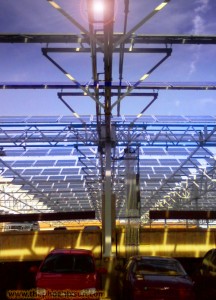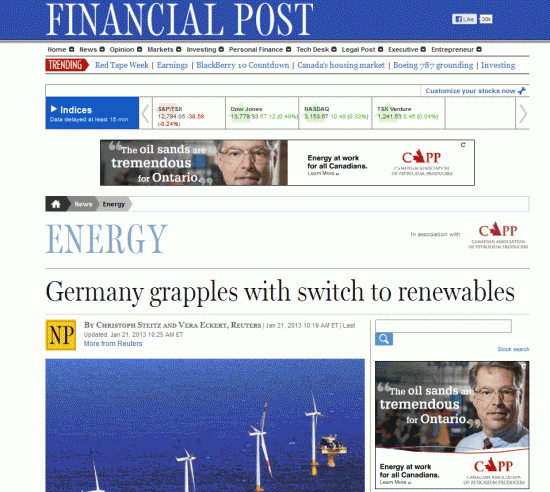Today outside the Arizona Corporation Commission, environmentalists, faith organizations and business leaders from around the state gathered in opposition to major cuts in solar power and spoke out against a proposal set forth by Commissioner Gary Pierce that would reduce the state’s renewable energy standard.
“Arizona should be the solar capital of the world,” stated Katie Radosevic, Field Associate with Environment Arizona. “Arizonans know it, the governor knows it, but it doesn’t seem like the Corporation Commissioners are getting the message. We are disappointed with the recent cuts to key solar programs and ask the commission to reverse their decision and move forward on a plan to build more solar roofs, not less.”
This business is creating many local, well-paid jobs, but now, all of it may be in jeopardy. Deals we had in place no longer work.”
The Arizona Corporation Commission (ACC) is a five member, publicly elected body that regulates the state’s investor-owned utility companies.
Last week, the ACC voted to eliminate commercial solar incentives for Arizona Public Service (APS) and Tucson Electric Power (TEP) customers – a program that had encouraged businesses to go solar. The Commission also voted to drastically reduce residential solar incentives, making it tougher for homeowners to put solar up on their roofs.
“Now is not the time to put the brakes on solar,” said Randy Dunton of the Hawkins Design Group, a Mesa-based commercial solar company. “This business is creating many local, well-paid jobs, but now, all of it may be in jeopardy. Deals we had in place no longer work.”
The amendment to cut these programs, submitted by Commissioner Pierce, was introduced the morning of the open meeting exactly one week ago today and voted on during that same day – leaving solar advocates little time to analyze or defend against the decision. Commissioner Pierce also introduced an amendment that effectively reduces Arizona’s renewable energy standard (RES) by allowing APS and TEP to apply the standard to less of their total energy.
Jennifer Martin from Arizona Interfaith Power and Light said, “We are deeply concerned about Commissioner Pierce’s proposal to reduce Arizona’s Renewable Energy Standard by excluding electricity sales to large retail customers. Our state has unparalleled capacity to generate solar power, which would contribute to our national security by reducing dependence on foreign oil, boost Arizona’s economy and contribute to the well-being of the planet for generations to come.”
Environment Arizona has been working toward a goal of 250,000 solar roofs in Arizona by 2020, which would allow for 10% of Arizona’s power to come from solar rooftops.
“Solar is the present and future for Arizona,” concluded Radosevic. “We should be powering our homes, cars and businesses with this clean and virtually limitless energy. As the nation’s sunniest state, we should be harnessing this great potential, not falling further behind.”
[Note from the editor: I’m recuperating from a trip to the dentist so the information above is taken verbatim from a press release issued by Environment Arizona.]


